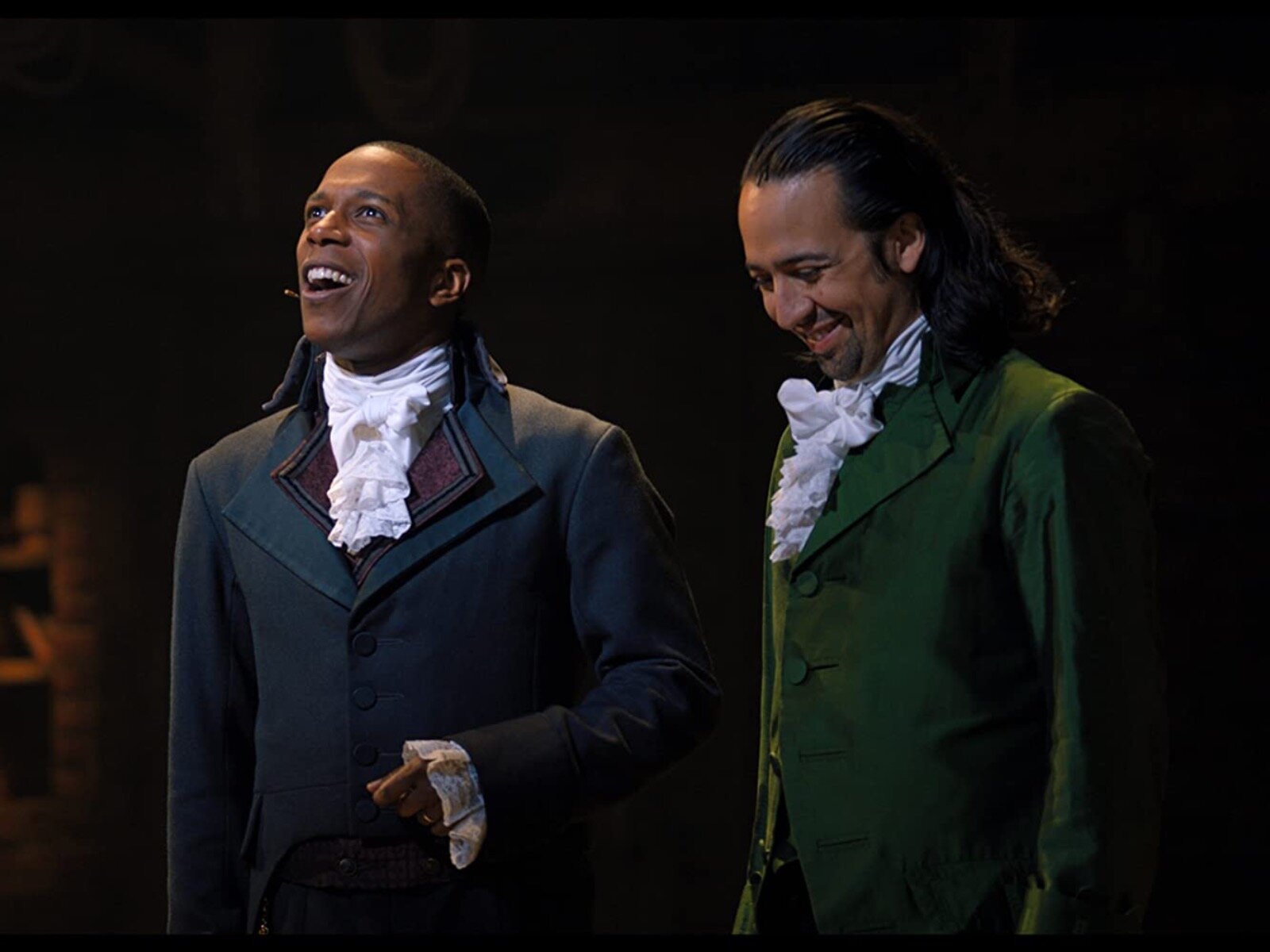At its best, the science fiction genre takes on big topics and big ideas. It has a freedom to look at the world in a new light and expand audiences’ minds. Even a film as small as "Primer," with a cast of just a few people and a budget of $7,000, can feel massive if the stakes feel high and the ideas are fascinating.
"The Host," based on the Stephenie Meyer young adult novel of the same name, features a global invasion, the struggle for human survival and grand vistas of the American west, complete with gorgeous sandy dunes and massive rock formations. Yet somehow, despite all of that epic material, it feels small. There’s no sense of the stakes at either a global or personal level. It’s a fight for humanity with not too much fight and not a whole lot of humanity either.
Saoirse Ronan ("Atonement," "Hanna") stars as Melanie Stryder, a young survivor of an alien invasion who gets caught by the UFO authorities (led by Diane Kruger of "Inglourious Basterds") and implanted with a glowing fuzzball alien named Wanderer. The process leaves her with glowing blue eyes and a tenuous grasp on her body, as Wanderer is now mostly in possession of her body’s thoughts and actions. Melanie’s soul, however, is still there, communicating internally with her new alien occupant and attempting to overthrow Wanderer’s presence.
Melanie/Wanderer manages to escape the aliens’ headquarters and flees into the desert to find her family of survivors – including her brother (Chandler Canterbury), her boyfriend (Max Irons) and leader Jeb (William Hurt) – in their mountain hideout. They’re understandably wary of her at first – after all, she is part alien now – but they learn to adapt to her and grow to understand. One survivor (Jake Abel) even starts to fall in love with Wanderer because it wouldn’t be a Stephenie Meyer story without a love triangle. Or would it be a square?
"The Host" has two conflicts – one global and one personal – but neither really amounts to anything. Writer/director Andrew Niccol’s script doesn’t really know what to do with the alien invasion, leaving Kruger to wander the desert looking for Melanie/Wanderer and other survivors.
The aliens, dressed in their finest white jumpsuits and driving their chintzy-looking silver sports cars and motorcycles, just don’t seem like all that much of a threat. The alien species is harmless; they literally can’t kill or lie. There’s an interesting sci-fi idea in there about the alien species improving the world through their invasion and the idea of sacrificing one’s flawed humanity for a better world, but it’s barely touched upon.
It’s definitely the work of the Andrew Niccol who made the half-baked and cheap-looking "In Time," rather than the Academy Award nominated writer who made philosophically complex entertainments like "Gattaca" and "The Truman Show."
Maybe that’s a bit harsh. The film’s visuals, from or at least the desert setting, makes it feel different from the usual supernatural-based teen dramas, and the contrast of the shiny, cold alien world with the rocky, warm human hideout shows there is thought behind the project. There are ideas in "The Host;" they just don't amount to much.
Then there’s the internal struggle between Melanie and Wanderer, but unfortunately it takes the form of a "Twilight"-lite romantic drama. The fight for the control of Melanie’s body is portrayed with Melanie talking in echoing voiceover with Wanderer. It’s an awkward set-up, and Ronan – a very talented young actress – seems to struggle with the different emotions and characters on opposite sides of the conversation.
The personal drama feels slight, as though they’re simply dealing with one another rather than really struggling, and when the movie wants the audience to start caring about Wanderer (yes, the dandelion fluff that got implanted into Melanie), we have no attachment. She comes off as a non-entity, while boy drama is Melanie’s main conversation topic instead of her fleeting hold on her human existence. When the script does try to develop some emotion or character growth in Melanie or Wanderer, it's unearned and doesn't connect.
The conflict feels even smaller considering Irons and Abel are just generic Abercrombie models, especially Abel, whose thoughts toward Melanie/Wanderer change from murder to love after one scene for no real reason other than the will of Meyer.
There’s one scene near the middle of "The Host" in which two human survivors crash their van at full speed into a wall in order to avoid capture. It’s a surprisingly powerful moment in which you see the emotions and the stakes at play. It shocks you awake and reminds you that, oh yeah, this fight is for humanity, a cause people are willing to die for.
Nothing greater could be at risk, which makes it all the more strange that for most of "The Host," nothing feels at risk at all.
As much as it is a gigantic cliché to say that one has always had a passion for film, Matt Mueller has always had a passion for film. Whether it was bringing in the latest movie reviews for his first grade show-and-tell or writing film reviews for the St. Norbert College Times as a high school student, Matt is way too obsessed with movies for his own good.
When he's not writing about the latest blockbuster or talking much too glowingly about "Piranha 3D," Matt can probably be found watching literally any sport (minus cricket) or working at - get this - a local movie theater. Or watching a movie. Yeah, he's probably watching a movie.







